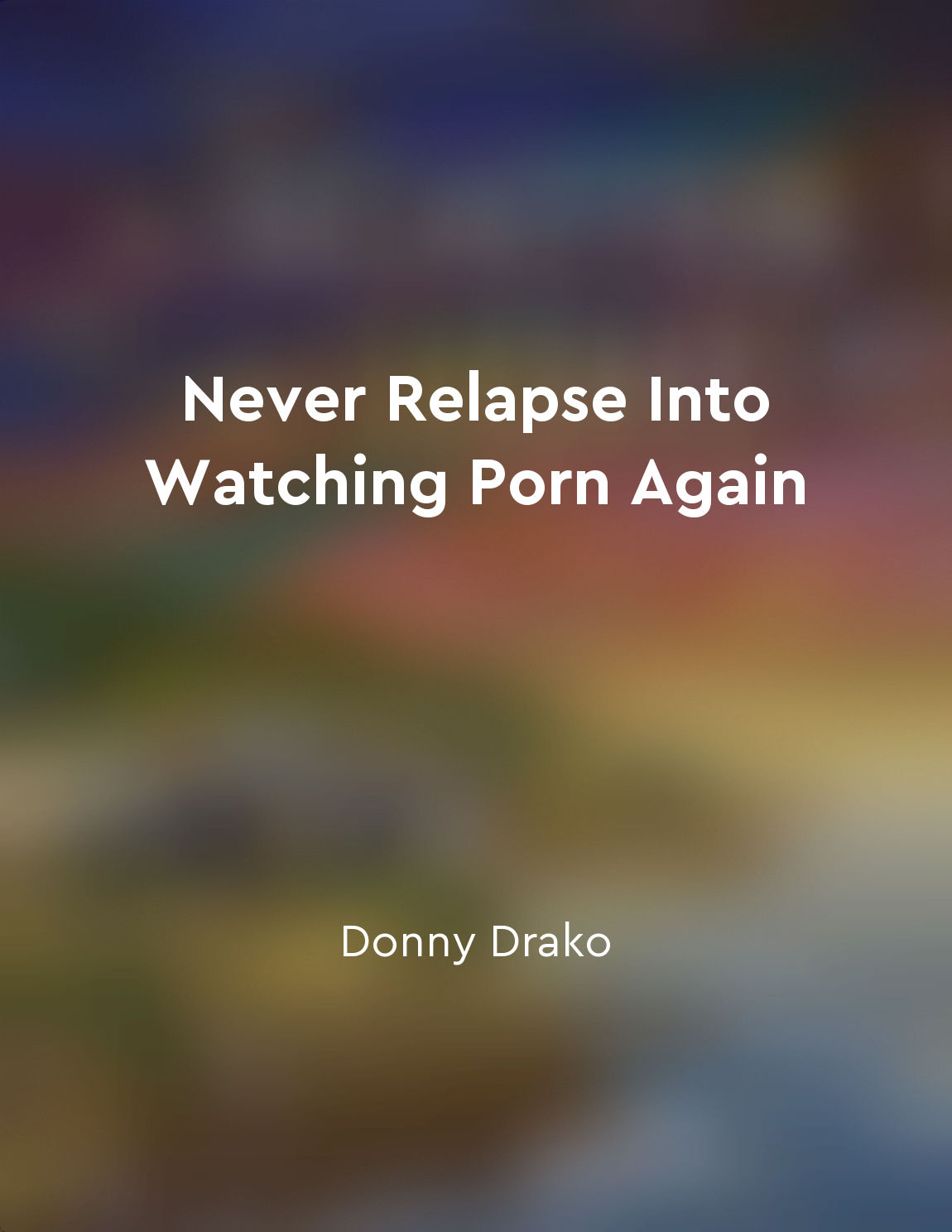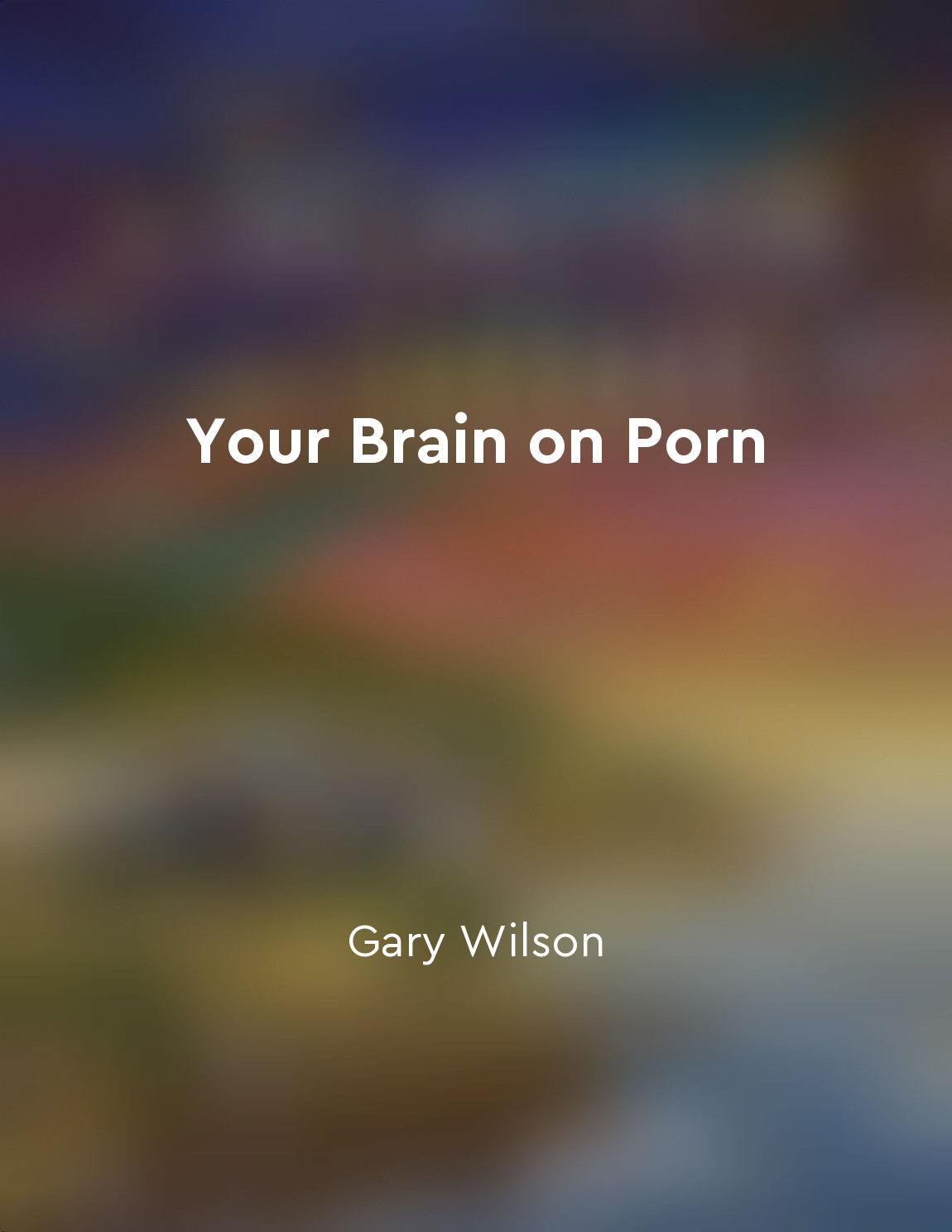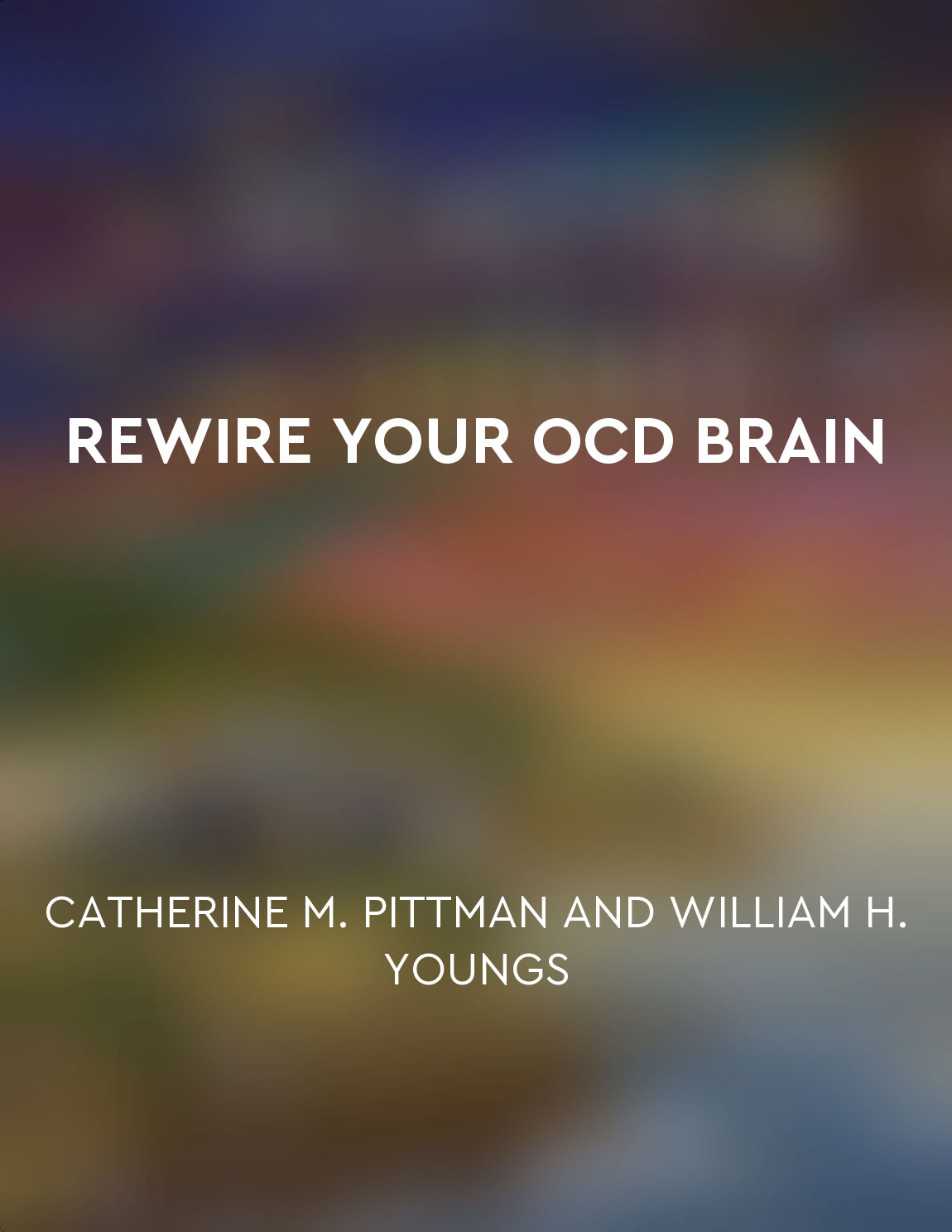Audio available in app
Identify triggers and patterns of behavior from "summary" of REWIRE YOUR OCD BRAIN by CATHERINE M. PITTMAN AND WILLIAM H. YOUNGS
Understanding your triggers and patterns of behavior is a crucial step in managing your OCD. By identifying the situations, thoughts, or feelings that tend to set off your obsessive thoughts or compulsive behaviors, you can begin to gain more control over them. Triggers can vary greatly from person to person, but common examples include stress, certain environments, specific people, or even certain times of day. By paying close attention to when your OCD symptoms tend to flare up, you can start to see patterns emerge. Once you have a better idea of what triggers your OCD, the next step is to examine the behaviors that follow. This could involve things like repetitive handwashing, checking locks multiple times, or constantly seeking reassurance from others. It's important to note that these behaviors are often driven by a desire to alleviate anxiety or prevent something bad from happening. However, as you may have already realized, these compulsions only provide temporary relief and can actually make your OCD worse in the long run. By identifying both your triggers and patterns of behavior, you can start to develop strategies for managing them more effectively. This might involve practicing mindfulness techniques, challenging your obsessive thoughts, or gradually exposing yourself to situations that trigger your OCD in a controlled way. Remember, breaking the cycle of OCD is a gradual process that takes time and patience. But by taking the time to identify your triggers and patterns of behavior, you're already on the path to gaining more control over your symptoms.Similar Posts
Strong habits can lead to lasting changes in behavior
The idea that strong habits can result in lasting changes in behavior is a central theme in "The Power of Habit." Duhigg explor...
The habit loop consists of cue, routine, and reward
The habit loop is a powerful force that drives our behavior without conscious thought. It is made up of three key components: t...
Focus on what you can control
When we find ourselves in challenging situations, it is natural to feel overwhelmed and anxious. However, it is important to re...
Interpersonal relationships
Interpersonal relationships are like delicate ecosystems, constantly shifting and evolving in response to external stimuli. The...
Learning coping skills is essential for managing stress
In order to effectively manage stress, it is crucial to develop coping skills that can help individuals navigate through challe...
Embracing uncertainty
Embracing uncertainty is about learning to accept the unpredictability of life and letting go of the need for absolute certaint...

Stay disciplined and consistent in your efforts
To truly break free from the grip of pornography addiction, it is crucial that you maintain a high level of discipline and cons...

Communication is vital
In today's digital age, communication is vital. It is essential for building relationships, expressing emotions, and resolving ...
Institutional habits can be changed by identifying key personnel
Institutional habits can be changed by identifying key personnel within an organization. These key personnel are often referred...

Consistent habits compound over time
The effects of our habits may seem small in the moment, but their impact compounds over time. Just as money multiplies through ...

